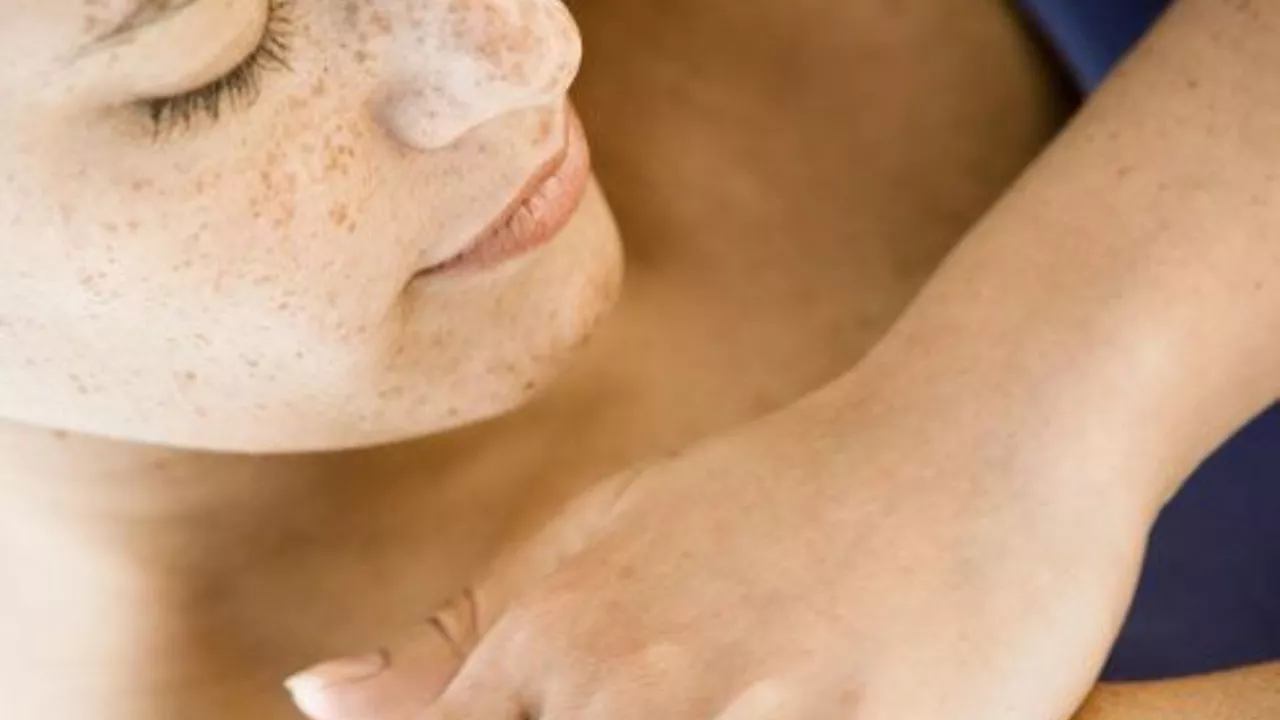Anal itching: causes, fast relief, and clear next steps
Anal itching (pruritus ani) is annoying and embarrassing, but it’s usually fixable. It feels like a persistent tickle or burning right around the anus. Before you panic, most cases come from simple problems: poor hygiene, sweat, detergents, hemorrhoids, or minor infections. This guide gives quick fixes you can try and clear signs that mean you should see a clinician.
Common causes you should know
Skin irritation: Harsh soaps, scented wipes, or tight clothing can strip the skin and cause itching. Moisture: Sweat or loose stools leave the area damp and sore. Hemorrhoids: These swollen veins can itch, burn, and sometimes bleed. Infections: Yeast, bacterial overgrowth, and pinworms cause itching, especially at night with pinworms. Food and meds: Spicy food, caffeine, or some antibiotics can trigger symptoms. Skin conditions: Eczema or psoriasis may show up around the anus too.
Quick relief you can try at home
Clean gently: After bowel movements, pat with plain, unscented toilet paper or use a squeeze bottle with warm water. Avoid rubbing. Dry well: Moisture worsens itch. Use a hair dryer on low or blot with a soft towel. Use mild soap only on the outside and rinse well. Over-the-counter creams: Hydrocortisone 1% cream works for short bursts (no more than a week unless directed), and zinc oxide or petroleum jelly can protect the skin. Antifungal creams help if yeast is likely—look for clotrimazole or miconazole. Avoid long-term steroid use without advice.
Clothing and laundry: Wear loose cotton underwear and skip synthetic fabrics. Wash underwear in fragrance-free detergent. Diet changes: Cut back on spicy food, caffeine, and alcohol for a week to see if symptoms ease. For kids, treat pinworms with a single-dose medicine that a pharmacist or doctor can recommend and emphasize handwashing.
If you have bleeding, severe pain, pus, or a painful lump, that suggests a more serious problem—don’t wait.
When to see a doctor
Make an appointment if itching lasts more than two weeks despite home care, if you see blood, have severe pain, or notice unusual discharge. Also seek care if the itch wakes you at night (pinworms), or if you have diabetes or a weakened immune system. A clinician can check for hemorrhoids, infections, skin diseases, or STIs and may recommend prescription creams, oral meds, or simple procedures.
Small changes often fix the problem fast: gentle cleaning, keeping the area dry, switching to unscented products, and using short courses of OTC creams. If simple steps don’t help, a quick check with your doctor will get you the right treatment and peace of mind.
Anal Itching and Anal Fissures: Causes, Connection & Relief
Explore how anal itching and anal fissures are linked, uncover causes, symptoms, treatment options, and prevention tips to find lasting comfort.
The Connection Between Anal Itching and Eczema
Oh boy, who knew we'd be on this wild ride of exploring the fascinating link between anal itching and eczema! Grab your explorer hats, folks! It turns out, these two seemingly unrelated conditions can actually be pretty chummy. Eczema, a skin condition causing dryness and inflammation, can appear anywhere on your body, including, yes, the derriere region. If you're experiencing the infamous itch down south, it might not be your laundry detergent to blame, but rather your old pal eczema staging a surprise visit!






